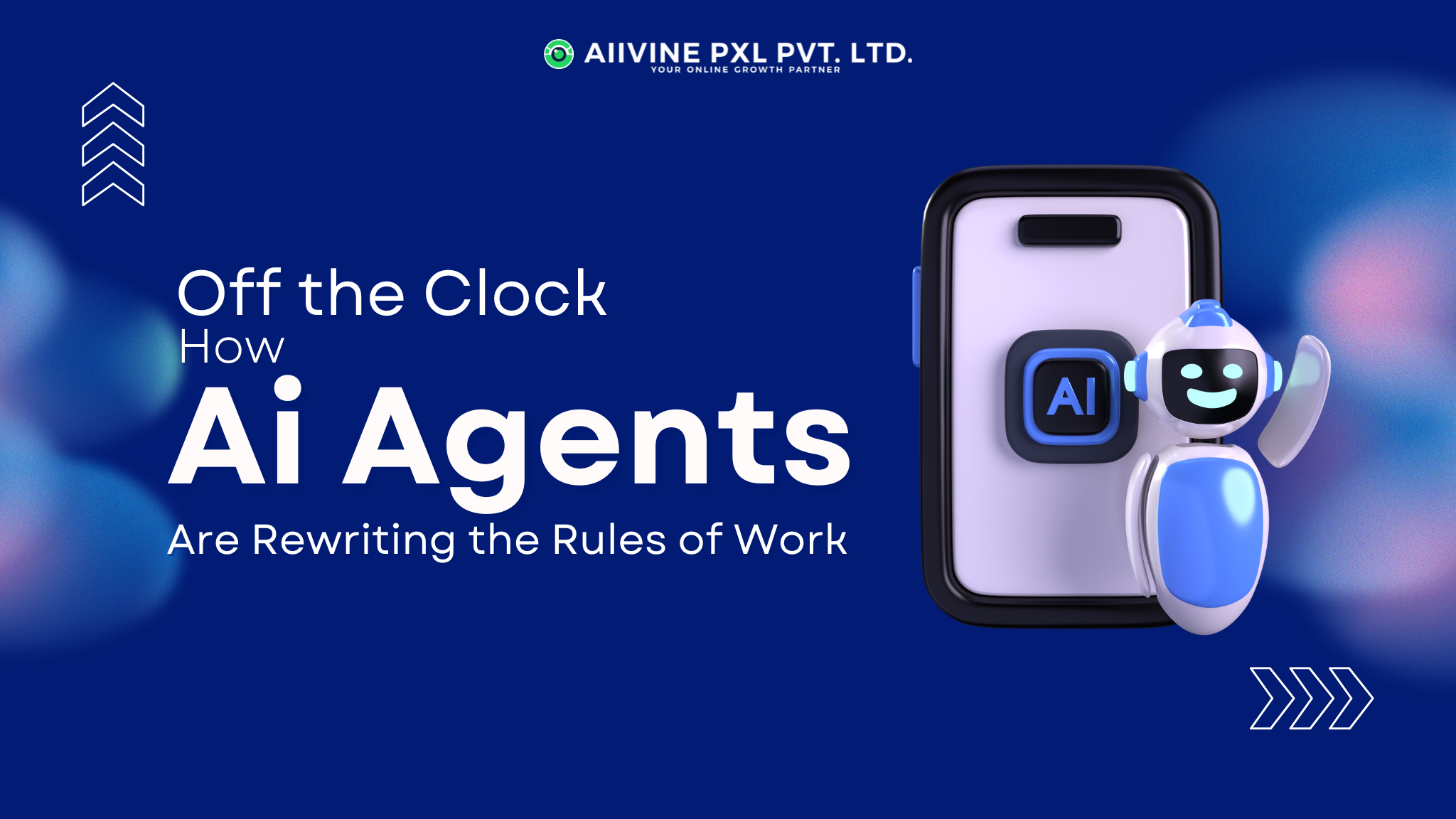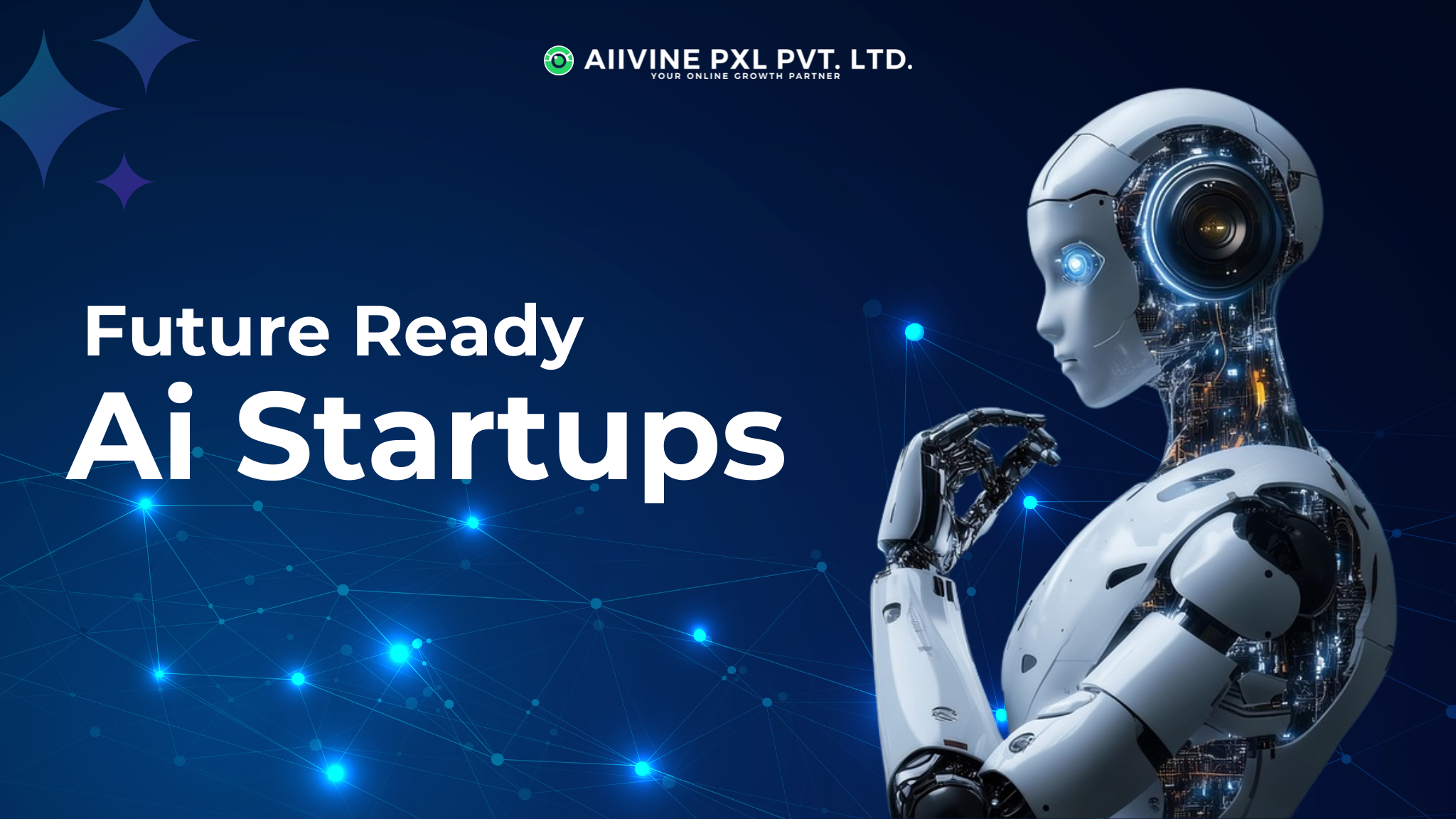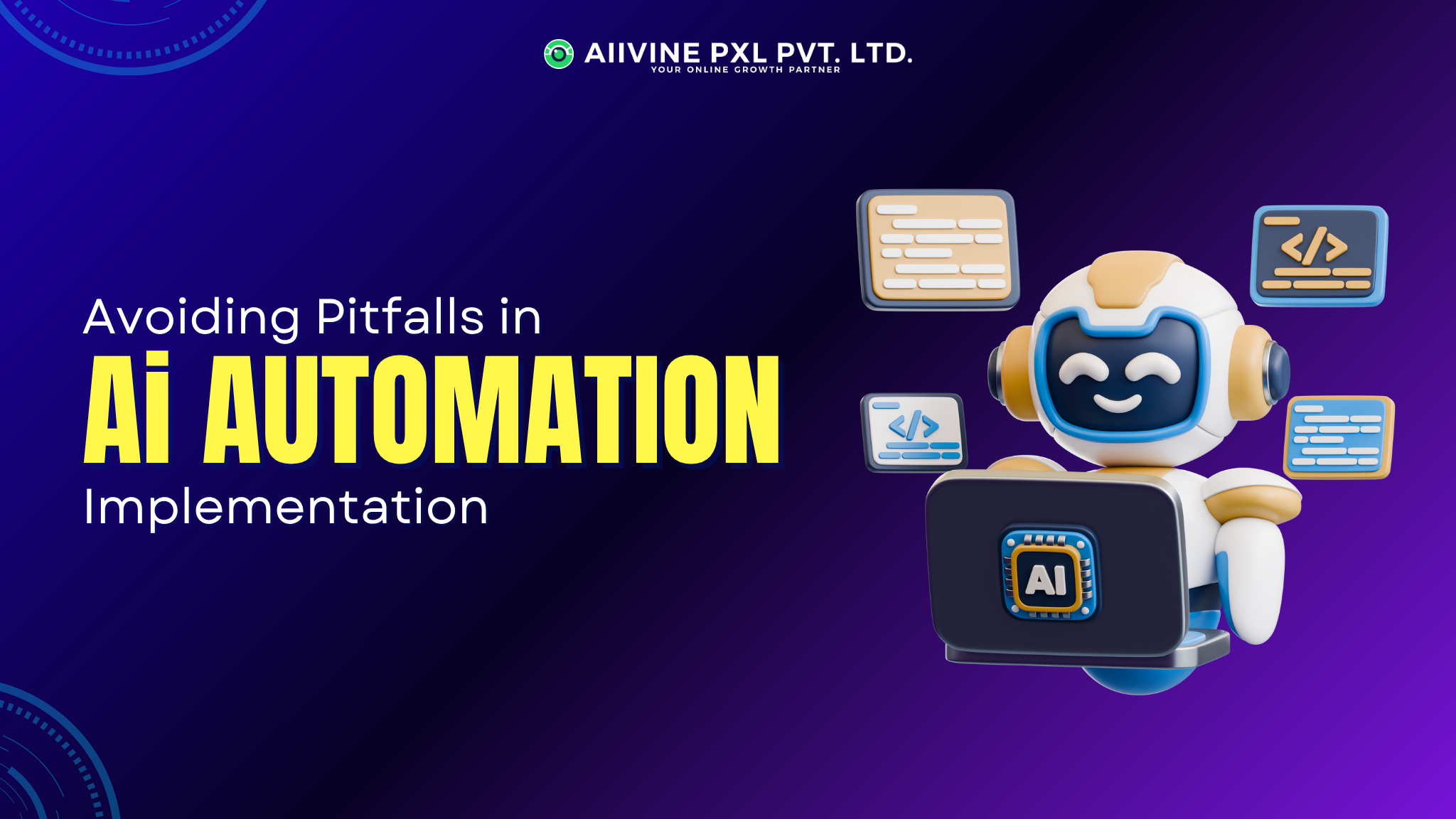Introduction:
Artificial Intelligence is no longer just about chatbots answering customer queries or predictive analytics forecasting trends. A new paradigm is emerging—AI Agents. Unlike traditional software or even simple automation tools, AI agents are dynamic, autonomous digital assistants that can execute tasks, make decisions, and learn over time.
The phrase “Off the Clock” perfectly captures this shift. Work no longer stops at 5 PM. AI agents extend productivity into the after-hours, ensuring businesses run continuously—monitoring campaigns, adjusting strategies, and handling repetitive tasks while humans focus on creativity, strategy, and vision.
What Exactly Are AI Agents?
AI agents are autonomous systems powered by advanced machine learning and natural language processing models. Instead of being programmed for one specific task, they can:
- Analyze data and patterns in real time
- Communicate across platforms (social media, email, CRM tools)
- Execute complex workflows (campaign management, lead nurturing, ad optimization)
- Adapt and learn from outcomes, making future decisions smarter
In short, they don’t just follow rules—they evolve.
Why AI Agents Are Changing the Work Model
From Manual to Autonomous
Traditionally, digital marketing teams spent hours monitoring campaigns, tweaking Facebook ads, analyzing Google ads data, and responding to customer queries on social media. AI agents now handle much of this autonomously.
For instance, imagine an AI agent monitoring your Facebook ad campaign at 2 AM. If the cost per lead spikes beyond your set threshold, it can pause the campaign, adjust targeting, or shift budget to Google ads where performance is stronger. By the time your team logs in, the optimization has already happened—saving budget and improving ROI.
Productivity Beyond Human Hours
Humans need rest. AI doesn’t. Businesses across industries are leveraging AI agents to keep workflows alive after hours. Whether it’s scheduling social media posts, sending automated follow-up emails, or processing customer inquiries, the work keeps flowing—without burnout.
Cost Efficiency and Scalability
Hiring extra staff to manage global time zones or run constant monitoring is expensive. AI agents scale operations without proportional increases in cost. One AI agent can manage hundreds of ad variations, social posts, or customer interactions simultaneously.
Impact on Digital Marketing and Advertising
Smarter Facebook Ads and Google Ads
In the advertising ecosystem, AI agents act as campaign managers. They can:
- Run A/B tests on ad creatives
- Adjust bidding strategies on Google Ads in real time
- Detect underperforming Facebook ads and reallocate budget
- Personalize ad copy based on audience behavior
Instead of waiting for a human analyst to review weekly reports, businesses get continuous optimization.
Reinventing Social Media Marketing
Social media thrives on timing, trends, and relevance. AI agents monitor hashtags, trending topics, and competitor activity, then generate real-time posts or engagement strategies. For example:
- Spotting trending memes on Instagram and suggesting branded content versions
- Identifying Twitter (X) sentiment shifts and auto-responding to protect brand reputation
- Curating personalized content calendars based on engagement analytics
This is more than automation—it’s adaptive, intelligent marketing at scale.
Beyond Marketing – AI Agents in Broader Workflows
Customer Support and CRM
AI agents can act as first-line responders in customer support, handling FAQs, updating CRM records, and escalating only the complex cases to human staff. This hybrid model cuts costs and boosts customer satisfaction.
Internal Operations
In companies, AI agents schedule meetings, manage project timelines, and monitor workflow bottlenecks. Imagine an AI agent that sees your content team is missing deadlines and automatically reallocates tasks or reminds stakeholders.
Challenges and Ethical Considerations
The rise of AI agents brings important questions:
- Job Displacement: Will certain operational roles become obsolete?
- Bias in Automation: If agents learn from biased data, they may perpetuate errors.
- Human Oversight: Businesses must ensure a balance between AI autonomy and human ethics.
AI agents should be viewed not as replacements, but as partners that free humans for creative, strategic, and empathetic work.
How Businesses Can Prepare
Upskill Your Team
Digital marketing teams need to learn how to work with AI agents—understanding data interpretation, campaign supervision, and creative storytelling.
Start with Marketing Automation
Leverage AI agents first in social media marketing, Facebook ads, and Google ads. These areas deliver fast ROI, giving your business confidence to expand into more complex operations.
Implement Ethical Guidelines
Establish policies on transparency, data privacy, and fairness before giving AI agents full autonomy. This builds trust with customers and employees alike.
The Future of Work—Collaborative Intelligence
The future isn’t humans vs. AI—it’s humans with AI. AI agents will handle execution and data-driven decision making, while humans focus on creativity, empathy, and leadership.
For example, in a digital marketing agency, AI agents could manage 90% of operational tasks: campaign monitoring, reporting, and optimization. Human experts will then focus on storytelling, branding, and high-level strategy. Together, this synergy creates hyper-efficient, round-the-clock organizations.
Conclusion:
We are entering a world where the phrase “Off the Clock” no longer applies to businesses. Work continues seamlessly, powered by AI agents that don’t sleep, don’t tire, and don’t miss opportunities.
For digital marketers, the implications are massive:
- Smarter Facebook ads and Google ads campaigns
- Real-time social media marketing decisions
- Continuous optimization and 24/7 productivity
The new rule of work is simple: AI agents handle the grind, humans design the vision. Those who embrace this model early will not just stay competitive—they’ll set the standards for the future of business.




